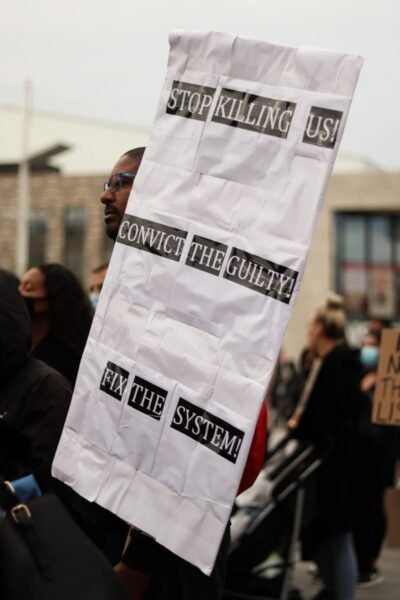Survivors of violence, harm, and abuse know full well what "no justice, no peace" means. We live it. -Tonya GJ Prince Justice for Survivors Is Not O
Survivors of violence, harm, and abuse know full well what “no justice, no peace” means. We live it. -Tonya GJ Prince
Justice for Survivors Is Not Optional
The word carceral was meant to shine a light on harmful prison systems, mass incarceration, and state violence. It was supposed to be a tool for dismantling cruelty, not a weapon against Survivors.
But somewhere along the way, in certain circles, it’s been twisted. And that twist has left too many harmed, unheard, and unprotected.
When Language Gets Hijacked
Misusing anti-carceral rhetoric to silence victims does three dangerous things:
Creates a false binary — as if our only choices are brutal punishment or doing nothing at all.
Shuts down protective action — making Survivors feel guilty or “complicit” if they seek legal protection.
Allows harm to multiply — because silence and inaction protect abusers, not the people living with the damage.
Justice and Accountability Are Not Oppression
If we truly care about liberation, then:
Accountability cannot be treated as “collateral damage” in any political philosophy.
We can critique mass incarceration while still stopping predators in their tracks.
It’s not liberation if the safest people in the room are the ones who cause harm.
What Happens When We Get This Wrong
Too often, we’ve watched harm-doers grow more powerful because:
Those who spoke out were shamed or taunted.
Communities rallied around abusers out of misplaced loyalty.
When we let this happen, we’re not building safe communities. We’re building castles for predators.
Enough
Victims deserve justice.
They deserve accountability.
Predators deserve to be stopped—so the pain can stop growing from one person to the next. Like the out of control plague that it is.
Justice is not the enemy of liberation. Justice is liberation.
